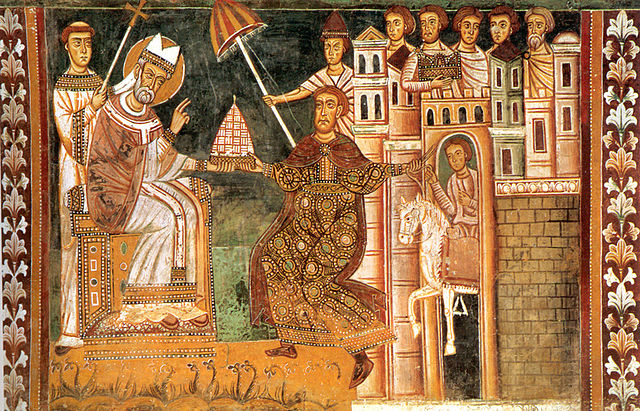INFORMATION THEORY is the new central discipline. This graph was from 20y ago in the seminal book Cover and Thomas, as the field was starting to be defined. Now Information Theory has been expanded to swallow even more fields.
Born in, of all disciplines, Electrical Engineering, the field has progressively infiltrating probability theory, computer science, statistical physics, data science, gambling theory, ruin problems, complexity, even how one deals with knowledge, epistemology. It defines noise/signal, order/disorder, etc. It studies cellular automata. You can use it in theology (FREE WILL & algorithmic complexity). As I said, it is the MOTHER discipline.
I am certain much of Medicine will naturally grow to be a subset of it, both operationally, and in studying how the human body works: the latter is an information machine. Same with linguistics. Same with political “science”, same with… everything.
I am saying this because I figured out what the long 5th volume of the INCERTO will be. Cannot say now with any precision but it has to do with a variant of entropy as the core natural generator of Antifragility.
[Revised to explain that it is not *replacing* other disciplines, just infiltrating them as the point was initially misunderstood…]
[My comments posted to the original Facebook post follow below.]
I’m coming to this post a bit late as I’m playing a bit of catch up, but agree with it wholeheartedly.
In particular, applications to molecular biology and medicine are really beginning to come to a heavy boil in just the past five years. This particular year is the progenitor of what appears to be the biggest renaissance for the application of information theory to the area of biology since Hubert Yockey, Henry Quastler, and Robert L. Platzman’s “Symposium on Information Theory in Biology at Gatlinburg, Tennessee” in 1956.
Upcoming/recent conferences/workshops on information theory in biology include:
- BIRS Workshop: Biological and Bio-Inspired Information Theory
- Entropy and Information in Biological Systems at NIMBios
- CECAM Workshop: Entropy in Biomolecular Systems
- ALife breakout session on Information Theoretic Incentives for Artificial Life (which will also spawn off a special issue of the journal Entropy):
At the beginning of September, Christoph Adami posted an awesome and very sound paper on arXiv entitled “Information-theoretic considerations concerning the origin of life” which truly portends to turn the science of the origin of life on its head.
I’ll note in passing, for those interested, that Claude Shannon’s infamous master’s thesis at MIT (in which he applied Boolean Algebra to electric circuits allowing the digital revolution to occur) and his subsequent “The Theory of Mathematical Communication” were so revolutionary, nearly everyone forgets his MIT Ph.D. Thesis “An Algebra for Theoretical Genetics” which presaged the areas of cybernetics and the current applications of information theory to microbiology and are probably as seminal as Sir R.A Fisher’s applications of statistics to science in general and biology in particular.
For those commenting on the post who were interested in a layman’s introduction to information theory, I recommend John Robinson Pierce’s An Introduction to Information Theory: Symbols, Signals and Noise (Dover has a very inexpensive edition.) After this, one should take a look at Claude Shannon’s original paper. (The MIT Press printing includes some excellent overview by Warren Weaver along with the paper itself.) The mathematics in the paper really aren’t too technical, and most of it should be comprehensible by most advanced high school students.
For those that don’t understand the concept of entropy, I HIGHLY recommend Arieh Ben-Naim’s book Entropy Demystified The Second Law Reduced to Plain Common Sense with Seven Simulated Games. He really does tear the concept down into its most basic form in a way I haven’t seen others come remotely close to and which even my mother can comprehend (with no mathematics at all). (I recommend this presentation to even those with Ph.D.’s in physics because it is so truly fundamental.)
For the more advanced mathematicians, physicists, and engineers Arieh Ben-Naim does a truly spectacular job of extending ET Jaynes’ work on information theory and statistical mechanics and comes up with a more coherent mathematical theory to conjoin the entropy of physics/statistical mechanics with that of Shannon’s information theory in A Farewell to Entropy: Statistical Thermodynamics Based on Information.
For the advanced readers/researchers interested in more at the intersection of information theory and biology, I’ll also mention that I maintain a list of references, books, and journal articles in a Mendeley group entitled “ITBio: Information Theory, Microbiology, Evolution, and Complexity.”

Thomas M. Cover and Joy Thomas’s textbook Elements of Information Theory, Second Edition
(John Wiley & Sons, Inc., 2006) [First Edition, 1991]












































